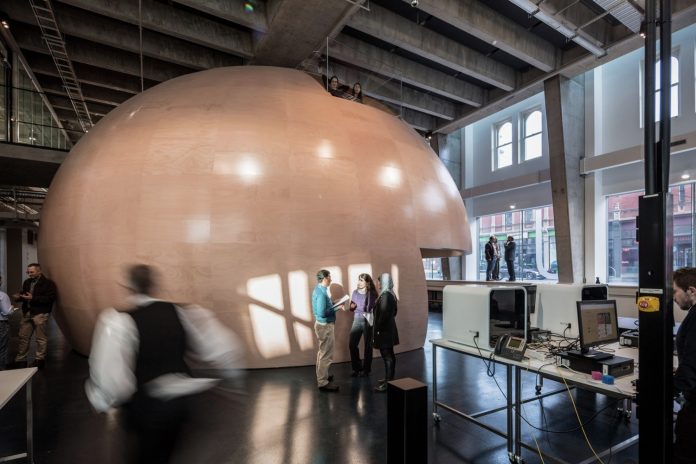
Swinburne University of Technology has entered into a five-year research collaboration with the University of Stuttgart in Germany that will see the two parties combine expertise in advanced manufacturing to enrich and expand their joint research capability.

Image credit: www.swinburne.edu.au
Swinburne Deputy Vice-Chancellor (R&D), Professor Aleksandar Subic said the Joint PhD agreement with one of the leading technically oriented universities in Germany aims to facilitate a research collaboration across a range of disciplines in science, engineering, design, architecture and digital technologies involving global industry.
He said the partnership was is in line with Swinburne’s strategic direction targeting increased international research engagement with leading research-intensive universities and global industry.
“We are pleased to partner with the University of Stuttgart, which is a leading research-intensive institution in Germany specialising in science, engineering and technology with strong Industry 4.0 capability,” Professor Subic added.
“Innovation and collaboration are at the heart of everything we do. This agreement will enable Swinburne and the University of Stuttgart to develop joint government and industry partnerships in Australia, Germany and internationally, and to undertake joint PhD programs in collaboration with industry.”
Under the agreement, the two parties will work on several different initiatives involving joint research projects in advanced manufacturing, Industry 4.0, innovation in manufacturing and design, and carbon fibre composites to leverage industry and government funding in Australia, Germany and internationally.
The agreement will also see Swinburne and the University of Stuttgart participate in the joint translation of research and commercialisation activities including facilitating joint start-ups resulting in joint research.
The partnership also envisions collaboration with Fraunhofer Institute for Manufacturing Engineering and Automation on the development of joint research projects and PhD student placements at the institute for internships, in particular in relevant areas of Industry 4.0.
In addition, the two Universities will jointly recruit, co-supervise and exchange PhD students and will also organise a number of joint research workshops and symposiums.



















